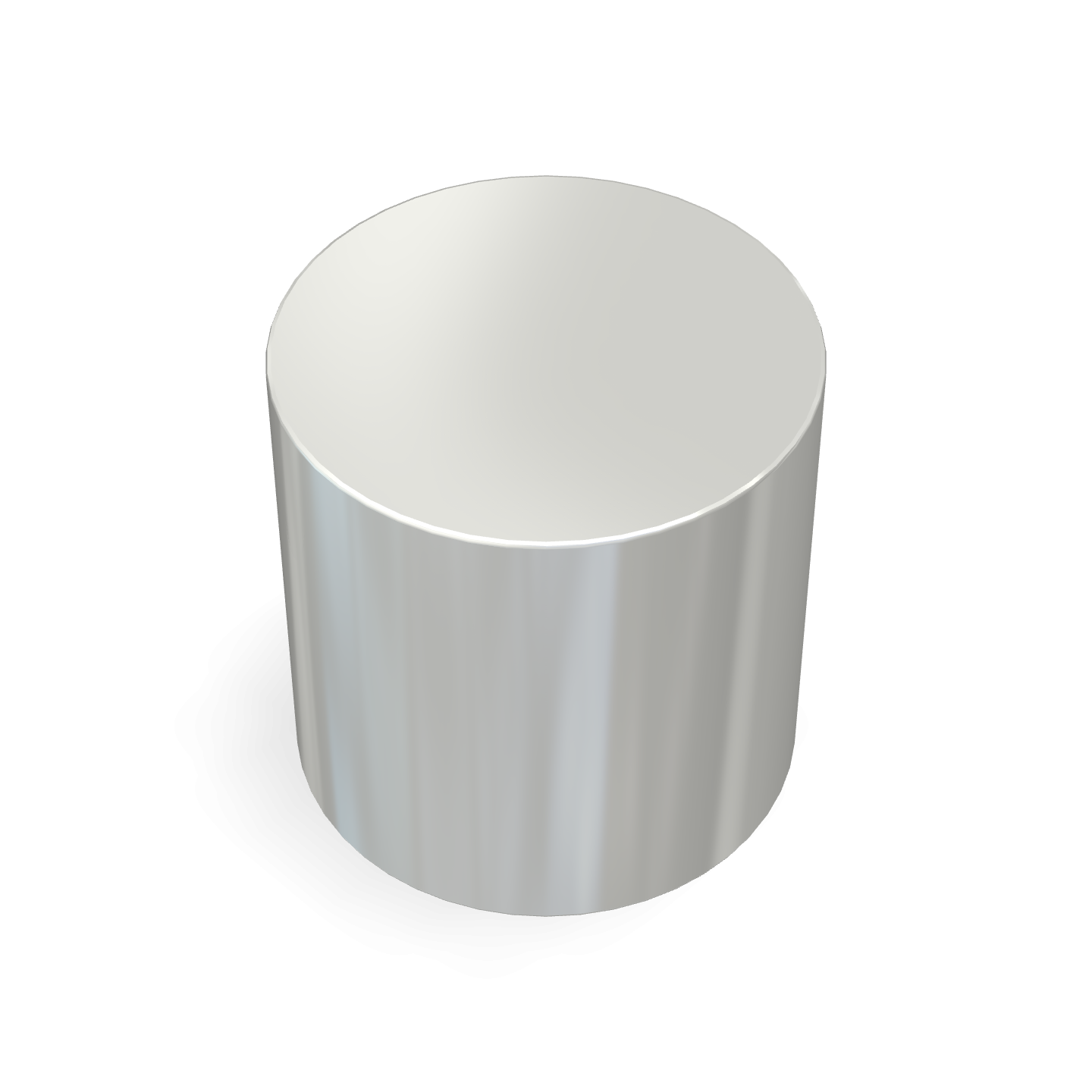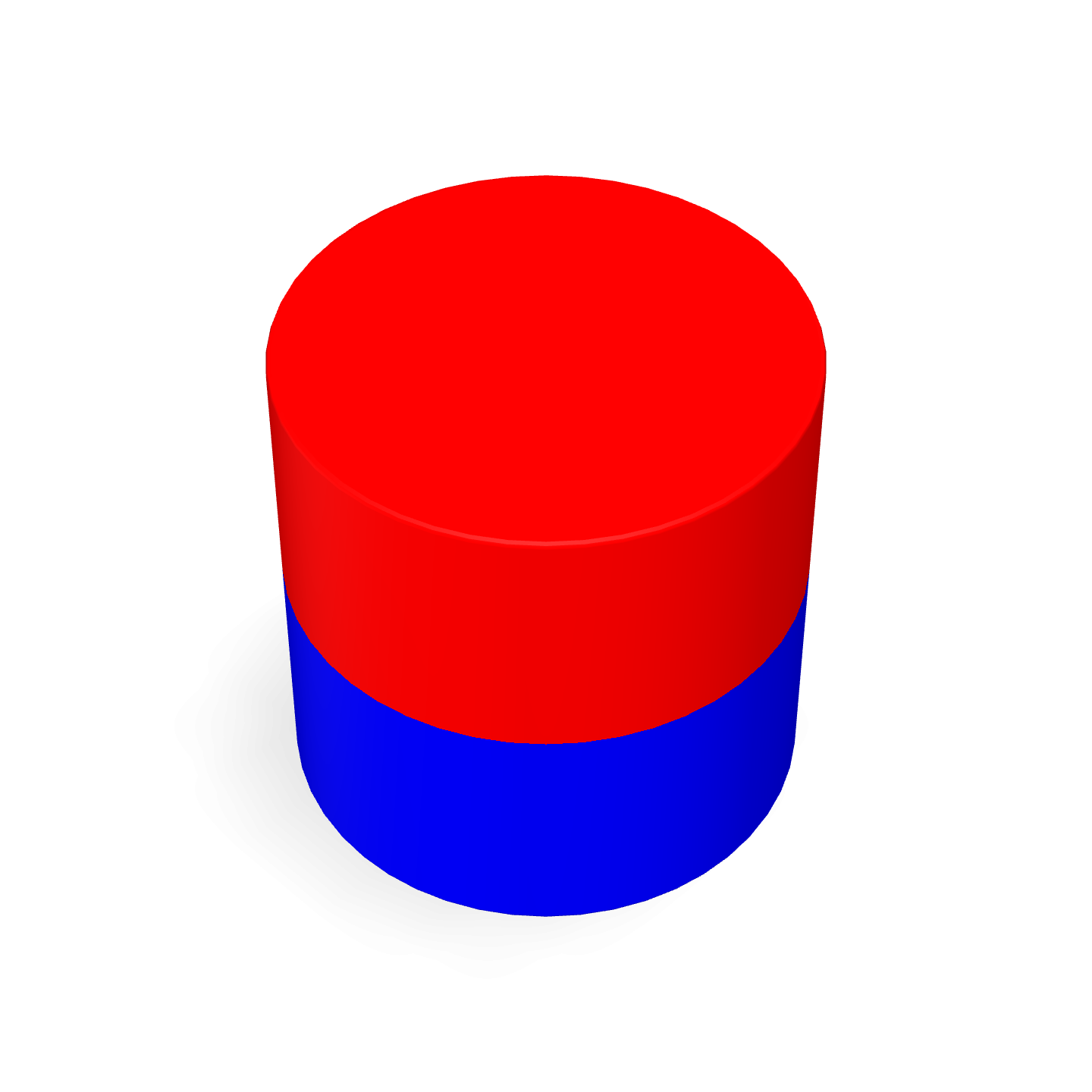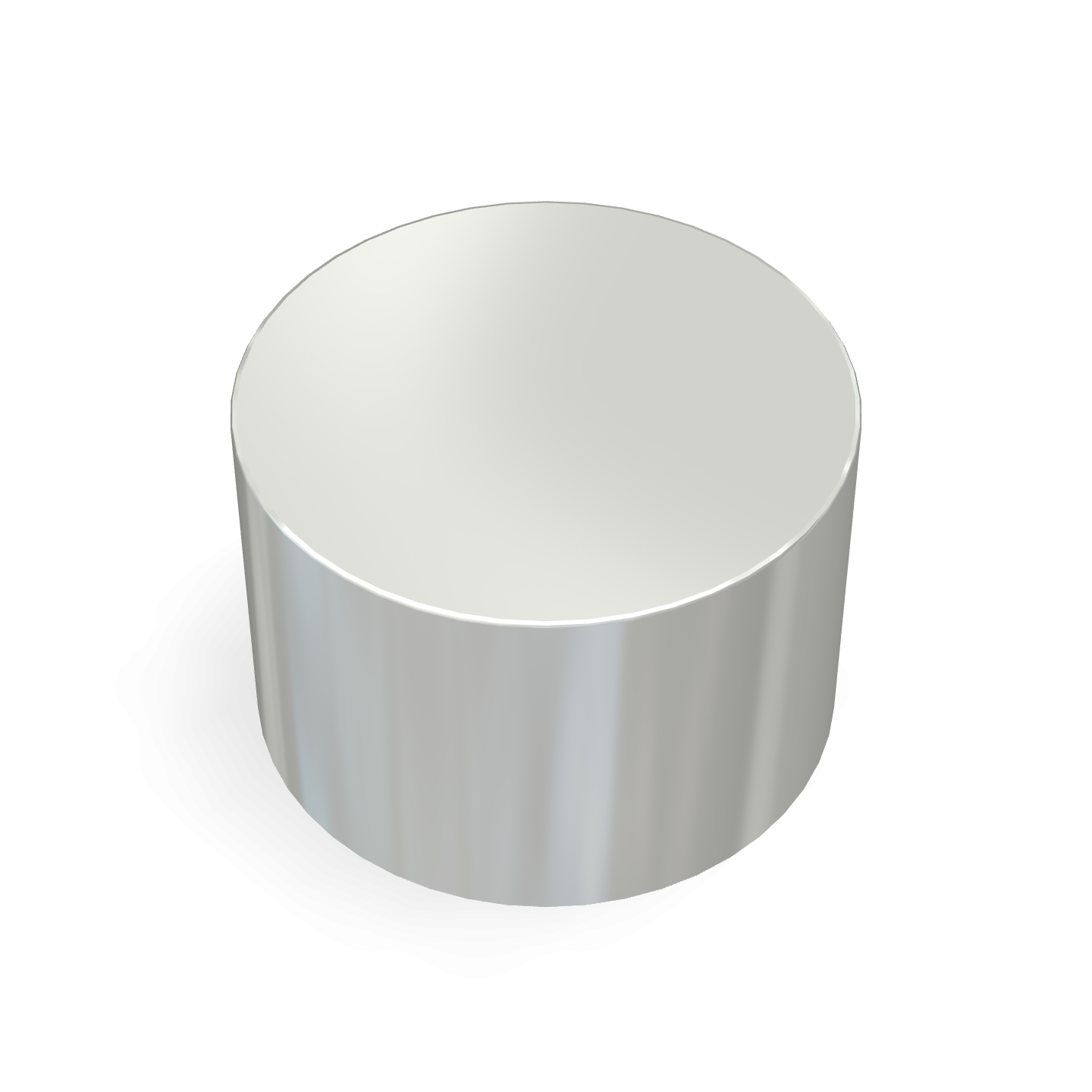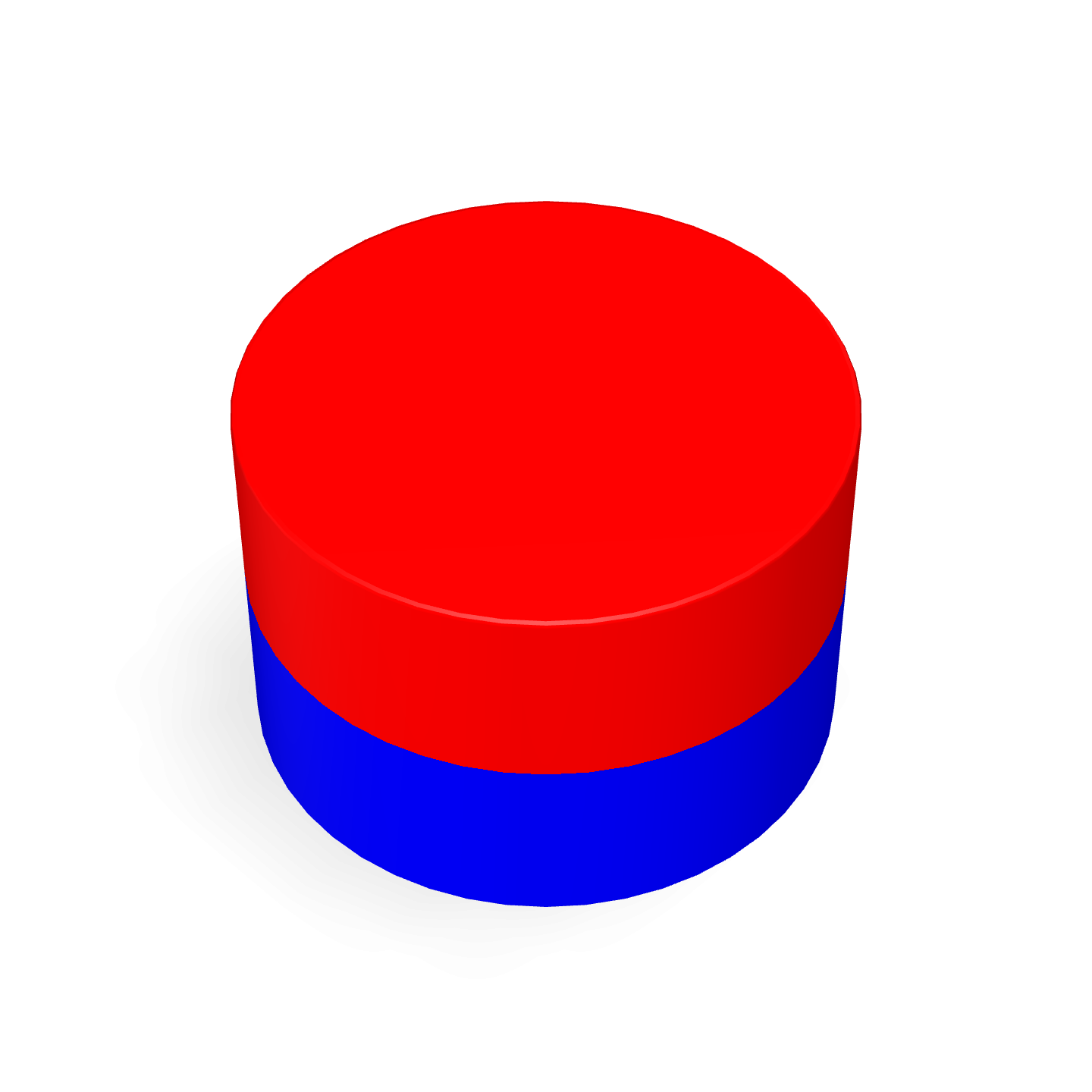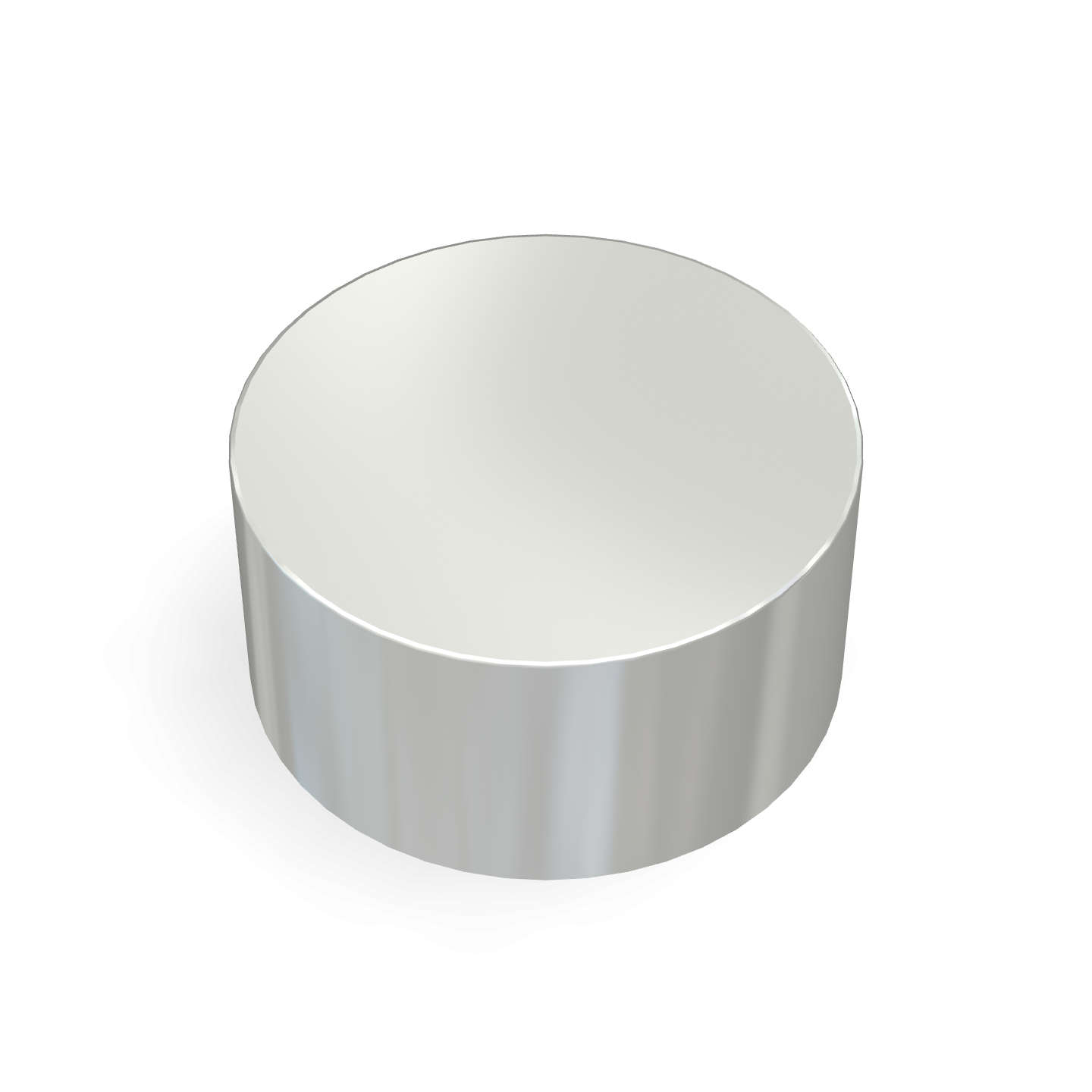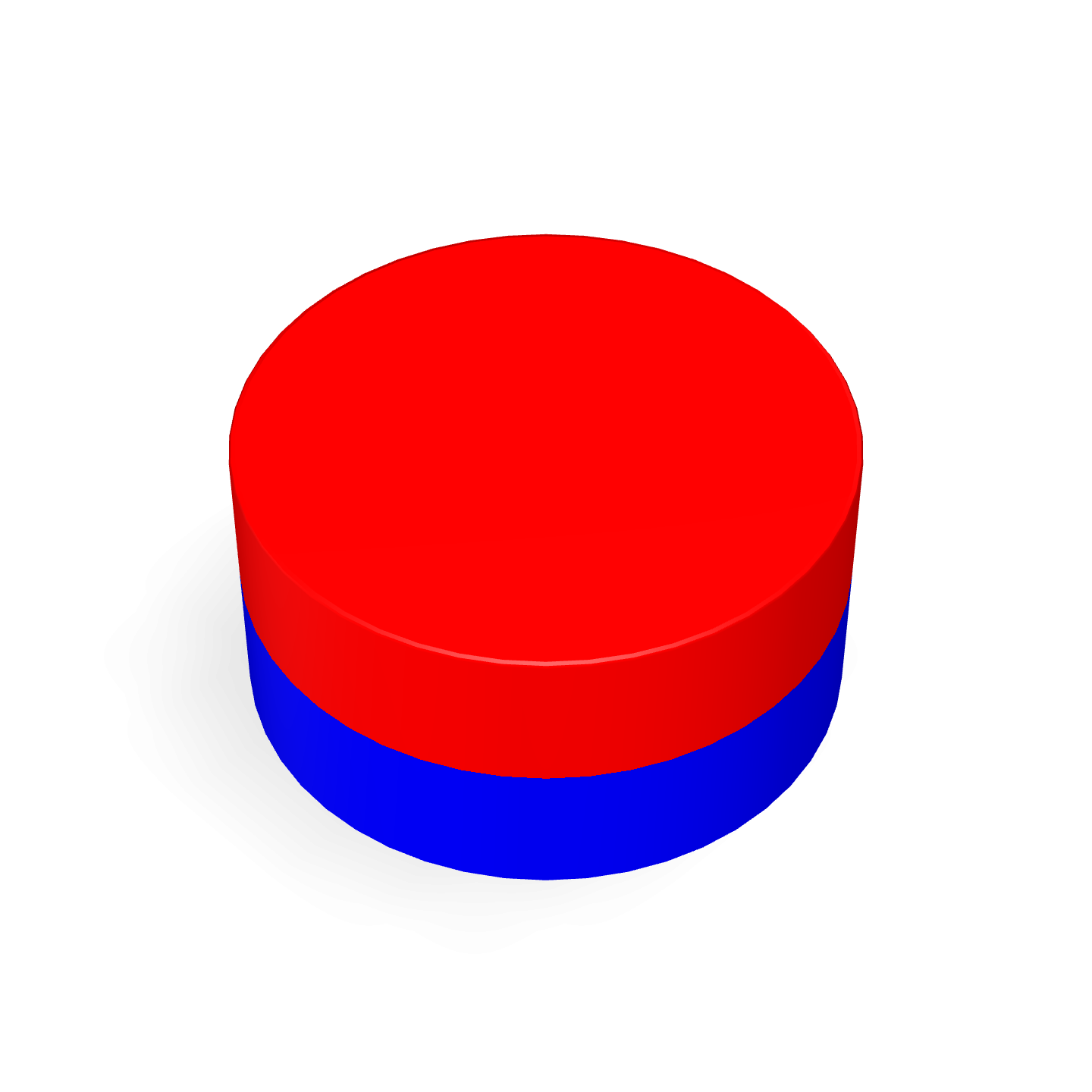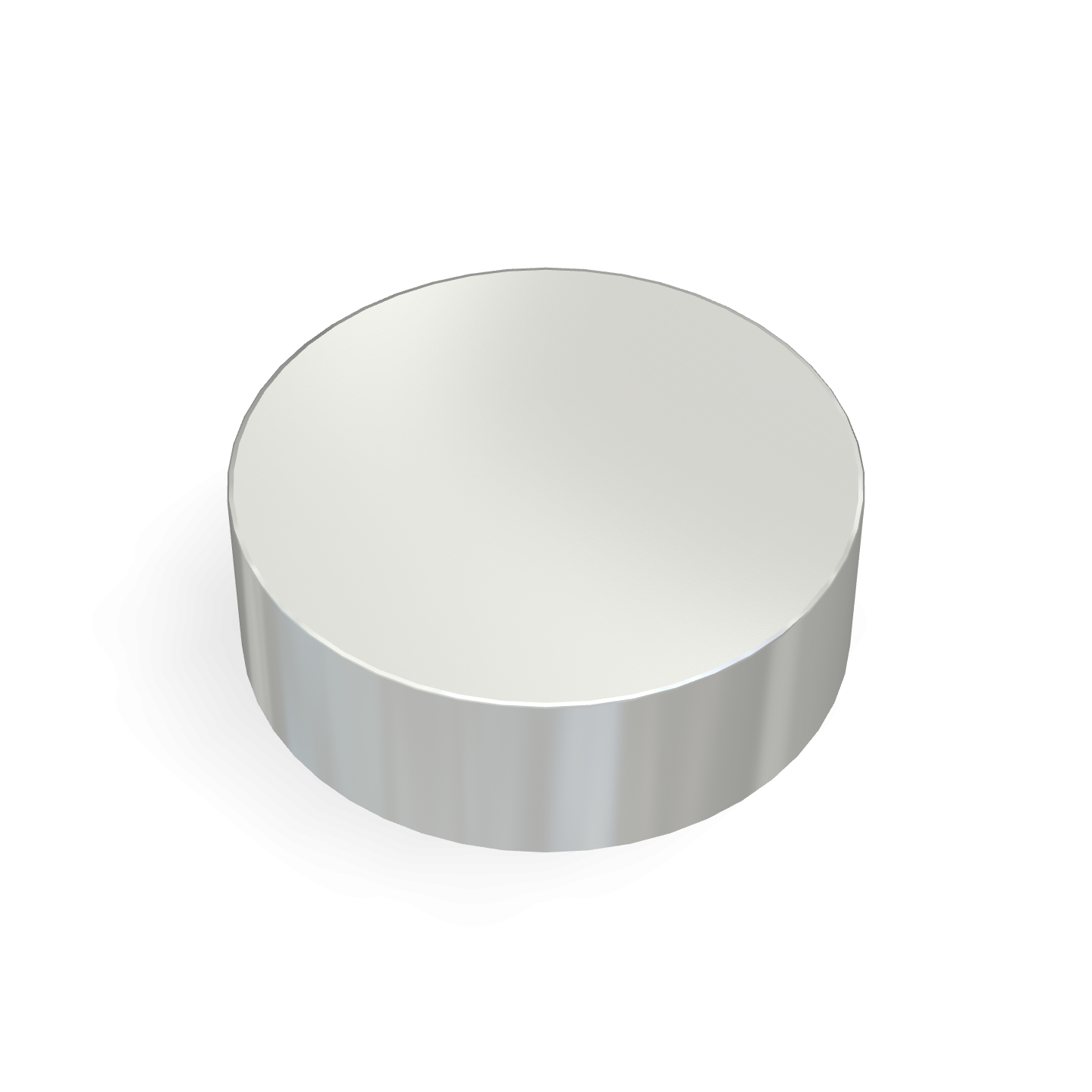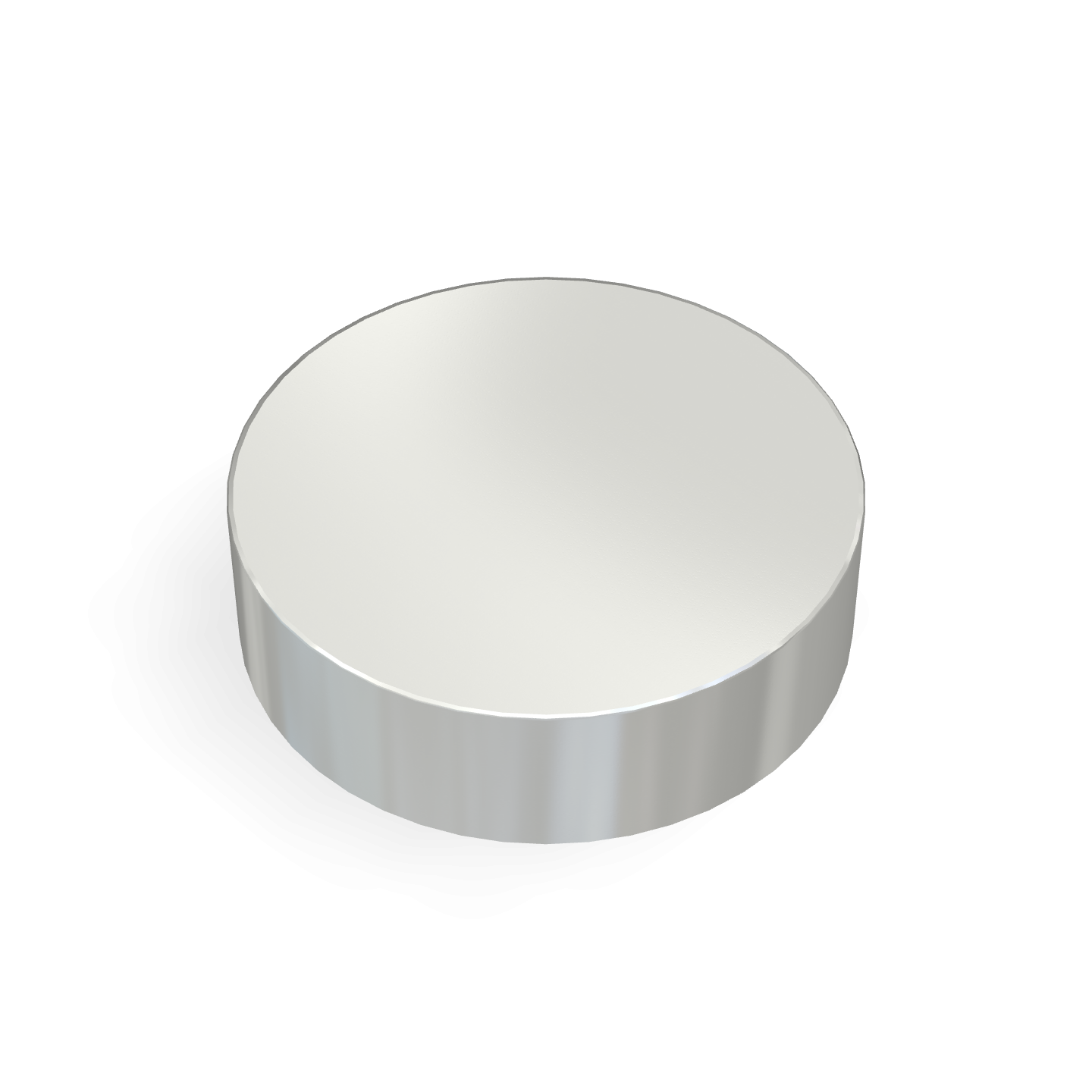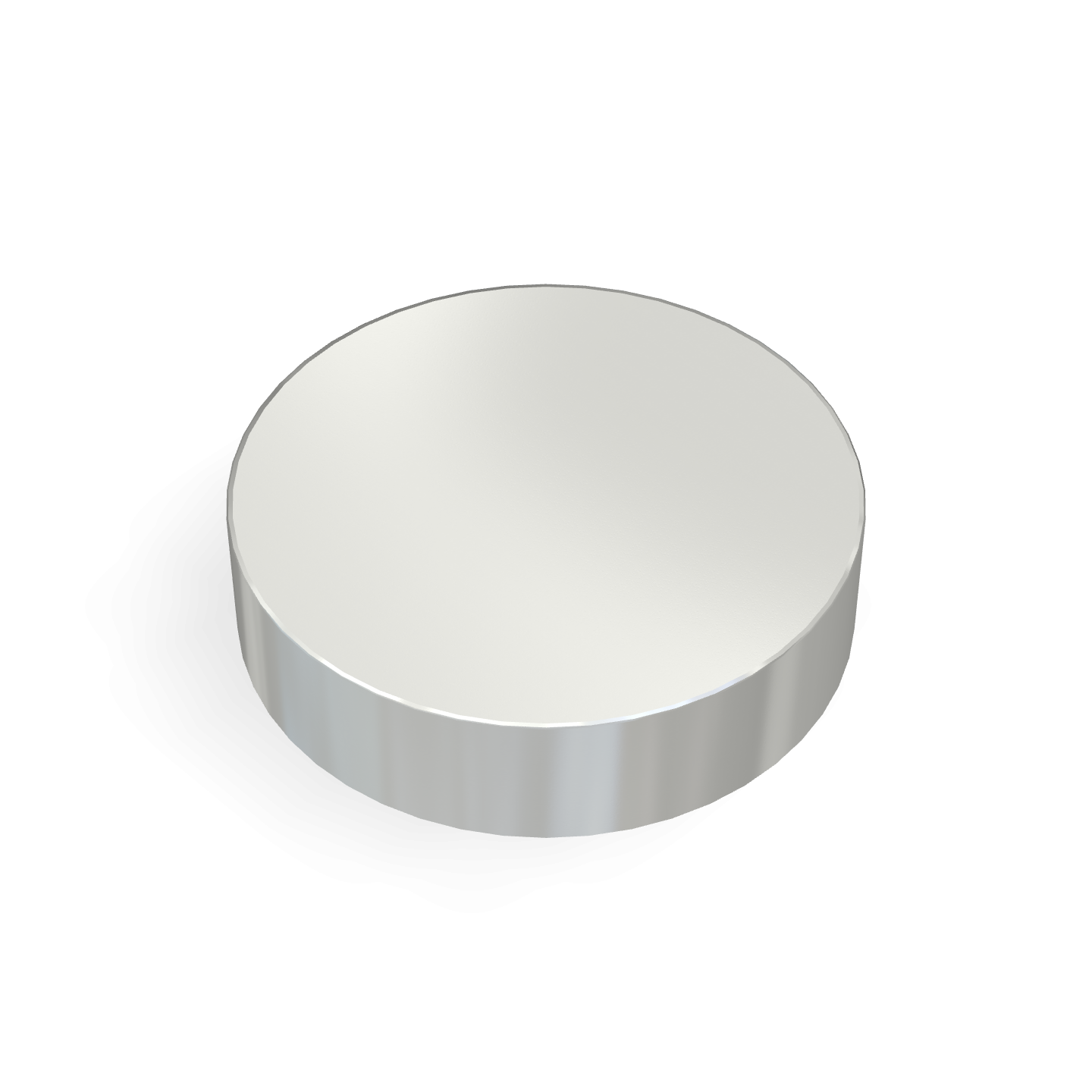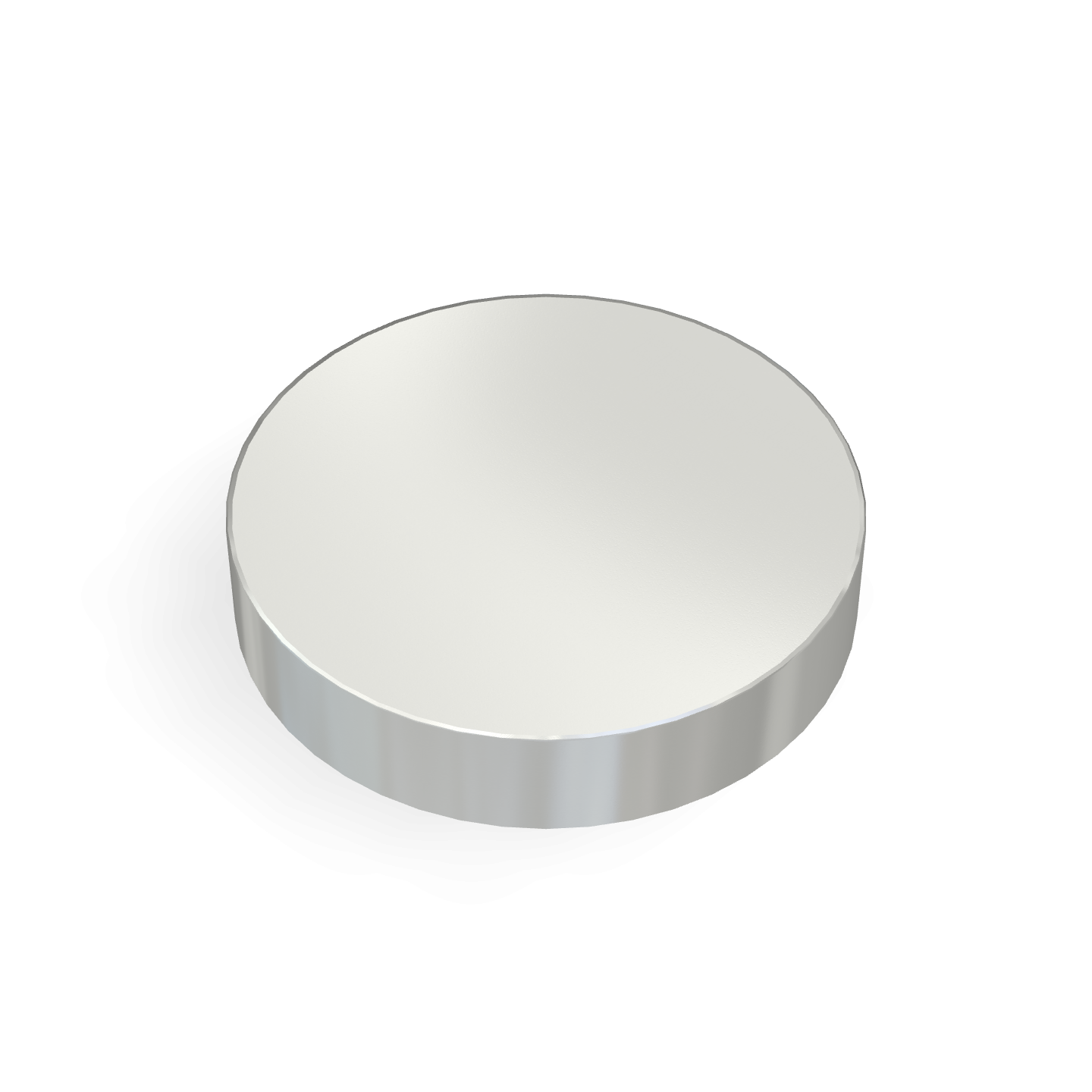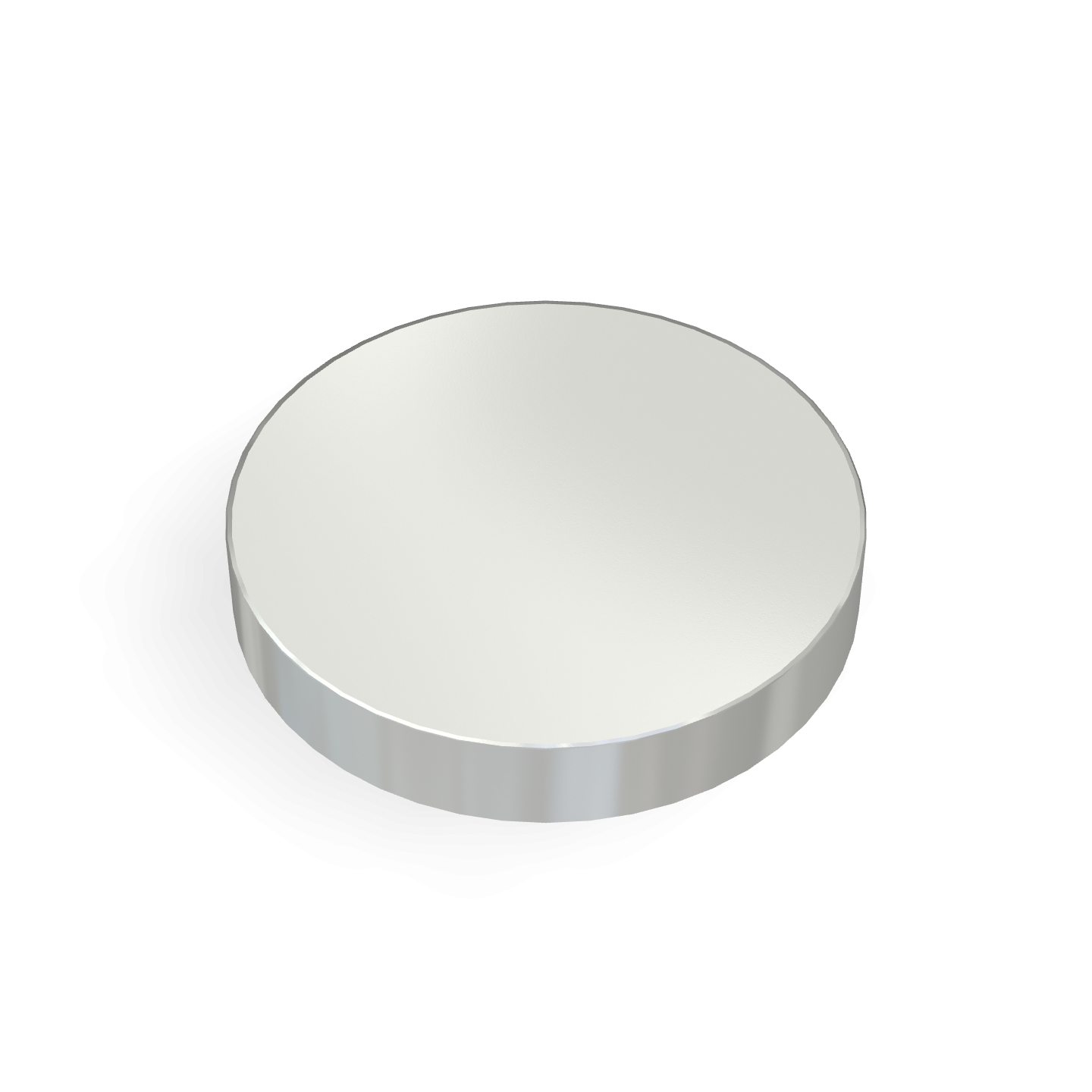Miniaturized Magnets: How Advanced Manufacturing is Powering the Next Generation of Compact Devices
From medical implants to micro-robots, today’s most advanced technologies depend on magnets that are smaller, lighter, and stronger than ever before. Miniaturized neodymium magnets are redefining the limits of what’s possible, allowing engineers to create compact systems without sacrificing performance. Behind these tiny components lies a blend of precision engineering, advanced materials, and decades of magnet manufacturing expertise.
The Rising Demand for Smaller, Stronger Magnets
As products shrink in size and increase in functionality, demand for small but powerful magnetic components continues to accelerate. Industries such as robotics, renewable energy, healthcare, and electronics now rely on compact magnetic solutions for sensing, actuation, and control.
Neodymium magnets, known for their exceptional magnetic strength-to-volume ratio, have become the material of choice. These rare-earth magnets allow miniaturization without compromising torque or holding power. The global market for micro and precision magnets is expected to grow rapidly as automation, IoT devices, and portable instruments continue to evolve.
What Are Miniaturized Magnets?
Miniaturized magnets are precision-engineered magnetic components typically ranging from sub-millimeter to just a few millimeters in size. Despite their dimensions, they can generate magnetic fields strong enough for demanding industrial and electronic applications. Their popularity stems from the balance of size, magnetic strength, and durability achievable with modern manufacturing methods.
Among all materials, neodymium-iron-boron (NdFeB) remains dominant for high-performance miniature magnets, offering superior energy density and customizable grades. Alternatives such as samarium-cobalt or ferrite are used in high-temperature or cost-sensitive applications, but neodymium is preferred when compact strength is critical.
Advanced Manufacturing Techniques
Precision Machining and Sintering
Producing micro-scale magnets requires extreme accuracy. Manufacturers use ultra-fine grinding, laser trimming, and EDM wire cutting to achieve sub-0.02 mm tolerances. Specialized sintering and alignment processes ensure consistent magnetic orientation within small geometries. Handling at this scale demands precision tools and clean environments to prevent contamination and demagnetization.
Surface Coatings and Corrosion Resistance
Because neodymium magnets are susceptible to oxidation and corrosion, protective coatings are essential, especially at miniaturized sizes. Common surface treatments include nickel-copper-nickel (Ni-Cu-Ni), epoxy, gold plating, and high-performance polymer coatings such as polyimide resin. Polyimide offers exceptional thermal stability, thin-film capability, excellent adhesion, and chemical resistance, making it ideal for compact devices operating under high temperature or harsh environments.
At Magfine, we have extensive experience in applying polyimide coatings to micro magnets. Our processes ensure uniform thickness, strong adhesion, and durability even in challenging industrial applications. This advanced surface treatment allows magnets to maintain their magnetic performance while withstanding heat, moisture, and mechanical stress, giving clients reliable components for critical applications such as medical sensors, micro-robotics, and IoT devices.
For high-reliability micro magnets, polyimide coatings can achieve film thicknesses from 5 to 50 μm, allowing precise dimensional control without interfering with magnetic assembly tolerances. In combination with advanced inspection methods, Magfine ensures that each coated micro magnet meets strict quality standards for both mechanical and magnetic performance.
Dimensional Control and Inspection
Miniaturized magnets require precise dimensional control. Advanced 3D optical metrology and laser scanning systems inspect each batch to ensure conformity. High-resolution magnetic field mapping is often performed to verify consistency of magnetic flux across all axes. Quality assurance systems provide full traceability from material batch to finished component, guaranteeing repeatable performance for OEM customers.
Industrial Applications of Miniaturized Magnets
Medical and Biomedical Devices
Miniature magnets enable life-changing innovations in healthcare. They are found in cochlear implants, pacemakers, surgical tools, and laboratory automation systems. Polyimide-coated magnets protect patients and devices from corrosion while maintaining magnetic strength. As medical devices become smaller and less invasive, precision magnets continue to support advanced movement and sensing capabilities.
Robotics, Sensors, and Automation
Modern robotics depends on compact, high-performance magnets for motors, linear actuators, encoders, and proximity sensors. Miniaturized neodymium magnets enable precise control and efficient torque output in tight mechanical spaces. They are also integral to micro-robotics, where every gram of weight affects mobility and energy efficiency.
IoT and Consumer Electronics
Wearables, smartphones, and wireless chargers all rely on compact magnets for functions such as haptic feedback, speaker design, and docking connections. Smaller magnets improve energy efficiency, reduce product thickness, and enable new design flexibility. For example, ultra-thin polyimide-coated magnetic assemblies are now being integrated directly onto flexible PCBs for emerging IoT devices.
Engineering Challenges and Future Developments
Miniaturizing magnets introduces several engineering challenges. As the size decreases, magnetic flux density can drop, and thermal demagnetization becomes more pronounced. Engineers must carefully balance material selection, geometry, and operating environment to ensure performance stability.
To overcome these issues, researchers are developing new alloys and nano-structured materials that enhance magnetic strength at small scales. Additive manufacturing (3D printing) is also showing promise, allowing for complex magnet geometries previously impossible through conventional methods. These advancements are driving the next generation of magnet design for miniature applications.
Custom Micro Magnet Solutions from Magfine
At Magfine, our manufacturing expertise covers every stage of custom magnet design and production. We work closely with engineers to develop solutions tailored to their dimensional, coating, and magnetic requirements. Whether for a medical sensor, robotic actuator, or high-precision assembly, our team ensures consistency and reliability from prototype to mass production.
Our facilities are equipped for tight-tolerance machining, advanced polyimide and other coating applications, and rigorous inspection. Each order includes full documentation and traceability to meet the most demanding quality standards. We also offer technical consulting to help clients select the right grade and geometry for specific magnetic circuits.
Conclusion
Miniaturized magnets represent the future of precision engineering. Their strength, versatility, and compactness are reshaping entire industries, from healthcare to consumer electronics. As devices become smaller and smarter, the role of rare-earth magnets will continue to expand, supported by advances in materials science and manufacturing technology.
With its expertise in rare-earth magnet production, polyimide coating, and assembly, Magfine is well-positioned to support this evolution. Our goal is to help engineers and manufacturers achieve new levels of performance and reliability through innovative magnetic solutions.
Q&A: Common Questions about Miniaturized Magnets
What materials are best for miniaturized magnets?
Neodymium (NdFeB) offers the highest magnetic energy density, making it ideal for compact designs. Samarium-cobalt is recommended for high-temperature environments, while ferrite may be chosen for cost-sensitive applications.
How small can a neodymium magnet be manufactured?
With current precision machining technology, neodymium magnets can be produced at sizes below 1 mm in diameter while maintaining functional magnetic properties, depending on grade and coating.
What coatings are suitable for micro magnets?
Nickel, gold, epoxy, and polyimide resin coatings are commonly used. Polyimide is especially suitable for high-temperature, thin-film, and high-reliability applications.
Can miniaturized magnets be customized?
Yes. MagFine provides complete customization for shape, magnetization direction, tolerance, and coating. Clients can contact us for technical consultation or a quotation.
Partner with Magfine
If you’re developing products that demand compact, high-performance magnets, Magfine’s engineering and manufacturing team can help. Our precision neodymium magnets and advanced polyimide coatings are trusted across industries for their consistency and quality. Reach out today to discuss your project requirements or request a customized quotation.


